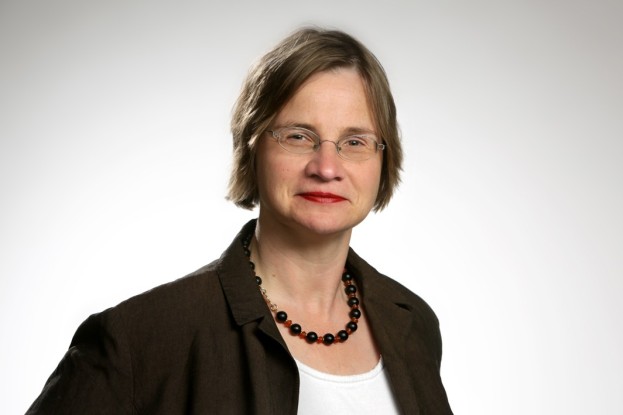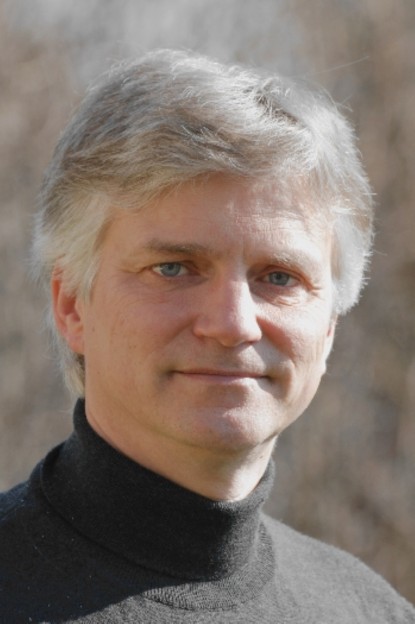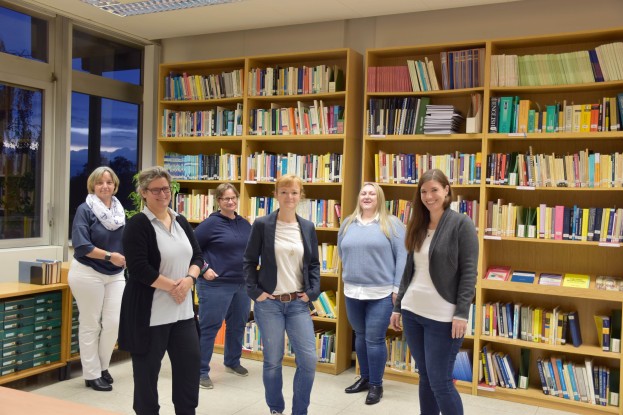General information
Your degree programme, field of study, examination regulations version and (from PO 2018) minor subject version are relevant for the choice of minor subject. Please be sure to read the general information. There you will also find the number of credit points (CP) to be earned. Modules not listed here are possible with approval.
Please note: Not everything you can choose in TUCaN can also be included in the degree programme.
Due to a change in the study regulations of the minor subject, for example, certain module combinations may not be possible (because they overlap too much). In case of doubt, please ask for approval of a voluntary examination plan or ask our study coordinator.
| Module name | CP | Module number | |
|---|---|---|---|
| Mandatory | Technische Mechanik I | 8 | 13-E0-M001 |
| Technische Mechanik II | 8 | 13-E0-M002 | |
| Technische Mechanik III | 8 | 13-E0-M003 | |
| Elective (freely selectable) | Technische Mechanik IV | 6 | 16-13-6400 |
| Tensorrechnung für Ingenieure | 6 | 13-E2-M004 | |
| Finite-Element-Methoden I | 6 | 13-E1-M001 | |
| Kontinuumsmechanik I | 6 | 13-E2-M002 | |
| Mechanik elastischer Strukturen I | 6 | 16-61-5020 | |
| Höhere Maschinendynamik | 6 | 16-25-5060 | |
| Technische Hydromechanik und Hydraulik I | 6 | 13-L2-M015 | |
| Technische Strömungslehre | 6 | 16-11-5010 | |
| Werkstoffmechanik | 6 | 13-02-M | |
| Elective (max. 1 module) | Seminar Festkörpermechanik | 3 | 13-E1-M005 |
| Seminar Kontinuumsmechanik | 3 | 13-E2-M006 | |
| Forschungsseminar Strukturmechanik | 3 | 16-61-606b | |
| Seminar Strömungsmechanik, Kontinuumsmechanik und geophysikalische Mechanik | 3 | 16-64-617b | |
| Forschungsseminar Angewandte Dynamik | 3 | 16-25-611b | |
| upon approval (selectivity unclear) | Aerodynamik I | 6 | 16-11-5050 |
| Flugmechanik I: Flugleistungen | 6 | 16-23-5030 | |
| Statik I | 6 | 13-M2-M001 | |
| Statik II | 6 | 13-M2-M002 | |
| Systemtheorie und Regelungstechnik | 6 | 16-23-5010 | |
| more module possible upon approval* | |||
| * All elective modules from the core study programmes are eligible, provided there is sufficient capacity. |
| Module name | CP | Module number | |
|---|---|---|---|
| Elective (freely selectable | All not yet selected modules in the area “elective (freely selectable)” of the bachelor's minor subject. | ||
| Grundlagen der Turbulenz | 6 | 16-64-5130 | |
| Fortgeschrittene Strömungsmechanik | 6 | 16-64-5110 | |
| Strömungs- und Temperaturgrenzschichten | 4 | 16-64-5120 | |
| Mathematische Methoden in der Strömungsmechanik: Exakte und Symmetrie-Methoden | 6 | 16-64-5230 | |
| Mathematische Methoden in der Strömungsmechanik: Störungsrechnung | 6 | 16-64-3254 | |
| Verfahren höherer Ordnung zur Strömungssimulation und Optimierung | 4 | 16-64-5180 | |
| Kontinuumsmechanische Modellierung von Mehrphasenströmungen und Mischungstheorie | 6 | 16-64-5220 | |
| Höhere Maschinendynamik | 6 | 16-25-5060 | |
| Nichtlineare Dynamik | 6 | 16-25-5160 | |
| Numerische Methoden der technischen Dynamik | 6 | 16-25-5150 | |
| Gasdynamik | 6 | 16-13-6410 | |
| Rheologie (Strömungsmechanik nicht-newtonscher Fluide) | 6 | 16-13-5120 | |
| Kontinuumsmechanik I | 6 | 13-E2-M002 | |
| Kontinuumsmechanik II | 6 | 13-E2-M003 | |
| Tensorrechnung für Ingenieure | 6 | 13-E2-M004 | |
| Plastizitätstheorie (Mechanik) | 6 | 13-E2-M001 | |
| Mechanik elastischer Strukturen I | 6 | 16-61-5020 | |
| Mechanik elastischer Strukturen II | 6 | 16-61-5030 | |
| Strukturintegrität und Bruchmechanik | 6 | 16-61-5050 | |
| Stabilität der Tragwerke (FEM III) | 6 | 13-E1-M003 | |
| FE-Umsetzung von nichtlinearem Materialverhalten mit ABAQUS | 6 | 13-E1-M006 | |
| Mikromechanik | 6 | 13-E1-M004 | |
| Mechanik der Polymerwerkstoffe | 6 | 13-M2-M011 | |
| Betriebsfestigkeit | 6 | 13-I2-M001 | |
| Bruchmechanik | 13-I2-M002 | ||
| Elective (max. 1 module) | Masterseminar Strömungsmechanik, Kontinuumsmechanik und geophysikalische Mechanik | 3 | 16-64-617m |
| Masterseminar angewandte Dynamik | 3 | 16-25-611m | |
| Masterseminar Kontinuumsmechanik | 3 | 13-E2-M007 | |
| Masterseminar Festkörpermechanik | 3 | 13-E1-M007 | |
| Strukturmechanik | 33 | 16-61-606m | |
| upon approval (selectability unclear) | Numerische Strömungssimulation | 6 | 16-19-5020 |
| Weiterführende Methoden der Strömungssimulation | 4 | 16-19-5100 | |
| Modellierung turbulenter technischer Strömungen | 8 | 16-13-5070 | |
| Ausgewählte Kapitel aus der Strömungsmechanik und Verbrennung | 6 | 16-13-5140 | |
| Numerische Modellierung von Transportprozessen in Fluiden | 8 | 16-11-5141 | |
| Materialwissenschaft IVa-Mechanisches Materialverhalten | 6 | 11-01-3011 | |
| More modules are possible upon approval.* | |||
| * All elective modules from the core study programmes, provided there is sufficient capacity | |||
| Mathematically orientated Master's theses are possible in at least the three subject areas of Continuum Mechanics, Applied Dynamics and Fluid Dynamics. | |||
| Module name | CP | Module number | |
|---|---|---|---|
| Electives | Seminar Computational Mechanics | 4 | 13-E1-M021 |
| Seminar Strömungsmechanik, Kontinuumsmechanik und geophysikalische Mechanik | 3 | 16-64-617b | |
| Forschungsseminar Angewandte Dynamik | 3 | 16-25-611b | |
| Seminar Continuum Mechanics | 4 | 13-E2-M009 | |
| Seminar Festkörpermechanik | 3 | 13-E1-M005 | |
| Angewandte Strukturoptimierung | 4 | 16-19-5040 | |
| Materialwissenschaften IV – Mechanisches Verhalten | 5 | 11-01-1031 | |
| More modules are possible upon approval.* | |||
| * All elective modules from the core study programmes, provided there is sufficient capacity | |||
| Mathematically orientated Master's theses are possible in at least the three subject areas of Continuum Mechanics, Applied Dynamics and Fluid Dynamics. | |||
| Elective (1 module exactly) | One seminar from the area “elective (max. 1 module)” |
| Elective (normally from 1 or 2 of the 7 fields, upon approval with the examiner, such that that the requirements for a Master's thesis are met in one field of study. | Area “elective (freely selectable)” of the master's minor subject |
| Every combination requires approval (opens in new tab). | |
| Mathematically orientated Master's theses are possible in at least the three subject areas of Continuum Mechanics, Applied Dynamics and Fluid Dynamics. | |
|
If you are planning to write your Master's thesis in another subject area, we recommend that you clarify the options in advance with the lecturer(s) you are considering as supervisor(s) and discuss the study plan in the non-mathematical areas. Please also note: When registering a Master's thesis, a second reviewer from Department 04 must agree to the topic and thus confirm that the topic is sufficiently mathematically orientated. This is not always the case. |
|
If you have any questions, please contact the examination board.



